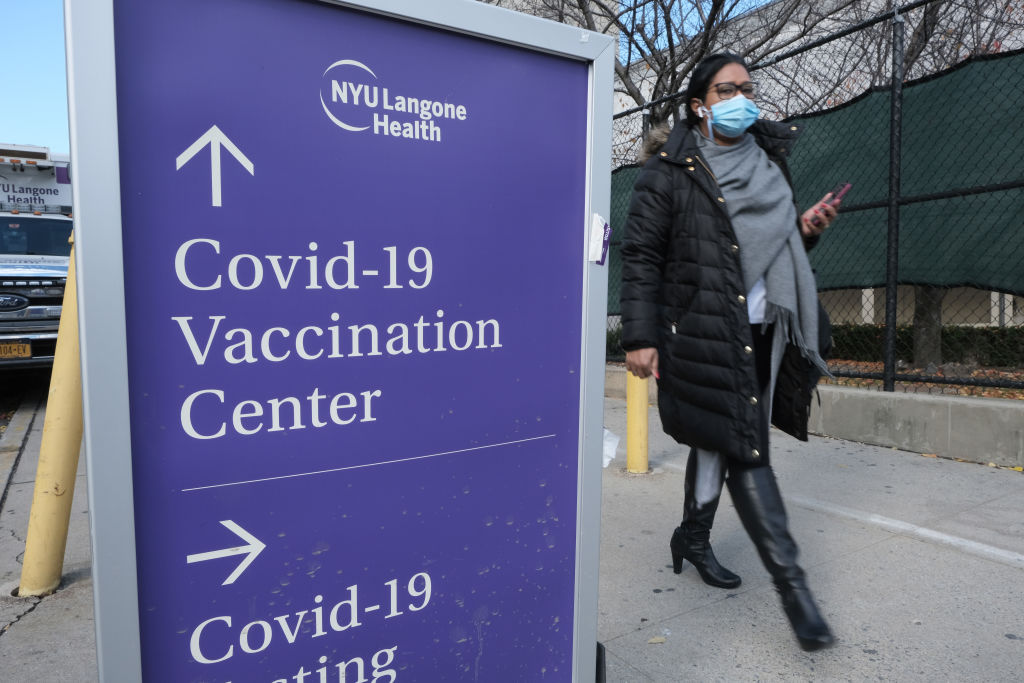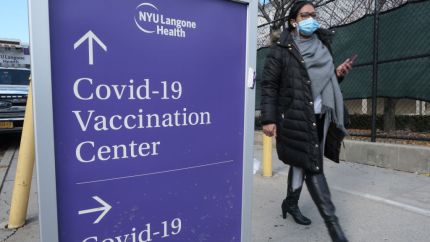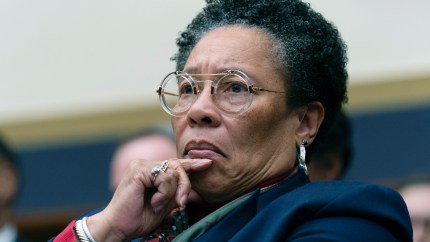COVID-19 remains deadly, but experts unsure if it’s pandemic
Dr. Jonathan Quick said defining an outbreak as a pandemic is essentially a "judgment call," since "there isn't a precise number" of cases, hospitalizations, deaths, or affected countries that conclusively denotes one.
COVID-19 remains a public health threat, but experts are torn on whether it is still at the core of a global pandemic.
According to Time magazine, although we are not in the same crisis position as in 2020, the World Health Organization still refers to COVID-19 as a pandemic on its website. Maria Van Kerkhove, the director of epidemic and pandemic prevention and preparedness, said it makes sense given the underlying virus’ ongoing global presence.
However, she notes there is no clear consensus on using the term and acknowledged that the problem is “confusing.”

“There is no universal, agreed definition of what a pandemic is,” said Van Kerkhove. “If you asked 100 epidemiologists to define what a pandemic is, or, ‘Are we currently in a pandemic?’, you’d get a lot of different answers.”
Dr. Jonathan Quick, author of “The End of Epidemics” and an adjunct professor at the Duke Global Health Institute, said calling an outbreak a pandemic is essentially a “judgment call,” since “there isn’t a precise number” of cases, hospitalizations, deaths, or affected countries that conclusively denotes one.
Time reported that, in some cases, the choice to use the designation is as much a political and public relations one as an epidemiological one. Michael Osterholm, director of the University of Minnesota’s Center for Infectious Disease Research and Policy, said being strategic in wording is essential to reducing the number of fatalities, and language can trigger public and official action.
Recommended Stories
Declaring an end to a pandemic — whether correctly or not — implies that a threat is no longer present, which could have repercussions for research financing, initiatives to avoid disease, and regulations about sick leave and public services.
However, Dr. Robert Wachter, the University of California, San Francisco chair of medicine, said it “just doesn’t feel right” to continue using the term “pandemic,” citing it as a “shorthand way to convey to the public” the idea that COVID-19 was a global emergency necessitating a change in behavior on a worldwide scale, according to Time.
Given the broad availability of testing, treatments, and immunizations, he believes the country emerged from the pandemic approximately a year ago.
Although the virus still kills people and causes long COVID, the number of deaths worldwide has significantly decreased from its peak, and health systems are not as overrun by the virus as they formerly were.
Katherine Xue, a postdoctoral scholar at Stanford University who has studied viral evolution, notes that although SARS-CoV-2 , which sparked the pandemic, is still highly transmissible and a significant source of death and disability worldwide, most people now have some immunity to the virus due to vaccination, prior infection, or both.
“Rather than getting caught up in the semantics of it,” people should feel confident that “we are outside of the emergency [phase],” said Dr. Mandy Cohen, director of the Centers for Disease Control and Prevention, Time reported. “But I don’t want folks to forget that COVID is still here and still poses a risk.”
Never miss a beat: Get our daily stories straight to your inbox with theGrio’s newsletter.








